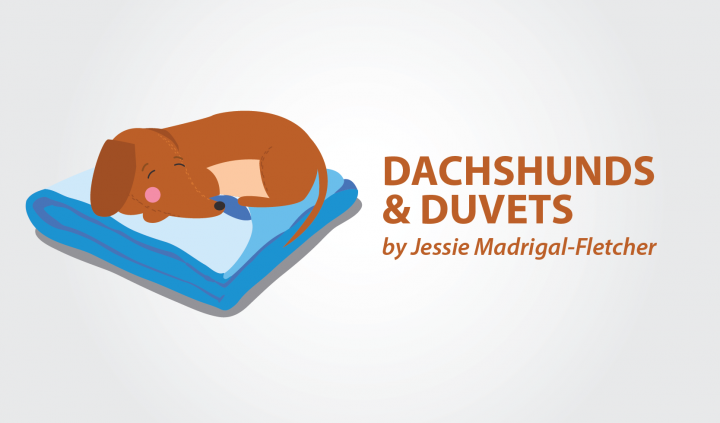During the Oscars weekend, after we all recovered from that “Shallow” performance, there was an inspiring piece of news that meant a lot for people living with multiple sclerosis (MS) and to those in chronic pain. Selma Blair showed up to the Vanity Fair Oscars after-party … with a cane, serving copious amounts of Hollywood glamour and heaps of fierceness.
Selma, who lives with MS, was again in the news the following day. This time, she was interviewed while experiencing a flare-up. Her speech was affected, and she explained, “I have spasmodic dysphonia right now.” Throughout the interview, she was informative and passionate about delivering her message. She was also quite hilarious. Like when she walked next to a pool and wondered aloud about how funny it would if she were to fall into it.
I don’t live with MS, but hearing her make jokes and remain so casual about the chaos her illness brings made me relate to her. Often, I find myself using humor when dealing with endometriosis.
It tends to happen when I tell others how a flare-up made me spend days in bed or if I try to explain what my period pain feels like. As soon as I see people’s worried expressions, my punchline hits: “Yes, but I’m still able to binge-watch ‘The Leftovers‘ and clap every time Justin takes his shirt off. So, really, I’m OK.”
However, while somewhat funny, I am also nobody’s clown.
The truth is that I have a long list of private jokes that only I hear. Like, why cry about the fact that I cannot open my eyes completely while staring at the mirror, face full of acne? Instead, I can reflect on how I’m sort of like Kate Moss, pulling off the hangover look quite flawlessly … without even drinking!
Or when I randomly bleed for no reason at all (like today, why?!) and convince myself that it happens every time I see a pair of duck boots. Becoming mad at fashion beats getting angry at my own battered body.

Humor has always been a part of my life, even before I was diagnosed. If you read me regularly, you know the adhesions around my sacrum and hips caused me to develop a limp. It wasn’t constant, but would occur out of the blue. Every time it hit me, sabotaging a night out with my friends, I’d think, “Hello, sexy!” Or, I’d quietly murmur it because I’m a weirdo who sometimes talks to herself. That’s how my “sexy limp” came to be.
Endometriosis, just like MS, is not a one-size-fits-all illness.
It manifests differently and with varying levels of severity. In some cases, it comes with symptoms like nonstop heavy bleeding or horrific pain. It can show its face every day or only during periods. Regardless, it’s a life-altering, chronic disease that affects millions of women, yet it has no cure.
It is true that during the worst flare-ups, I can barely speak. All I do is cry, feeling worthless and defeated. But during those times, I have to remember Selma Blair’s words: “Nobody has the energy to talk when they’re in a flare-up, but I do, ‘cause I love a camera.” For my sanity, I need to see the humor in my illness. Whether it means cracking a joke only I get or seeing the irony in changing my bedsheets only to stain them within minutes.
Humor is not a tool I put into place to make others feel comfortable, but one I employ so I can smile through my chronically fabulous life.
***
Note: Endometriosis News is strictly a news and information website about the disease. It does not provide medical advice, diagnosis, or treatment. This content is not intended to be a substitute for professional medical advice, diagnosis, or treatment. Always seek the advice of your physician or other qualified health provider with any questions you may have regarding a medical condition. Never disregard professional medical advice or delay in seeking it because of something you have read on this website. The opinions expressed in this column are not those of Endometriosis News or its parent company, BioNews Services, and are intended to spark discussion about issues pertaining to endometriosis.


